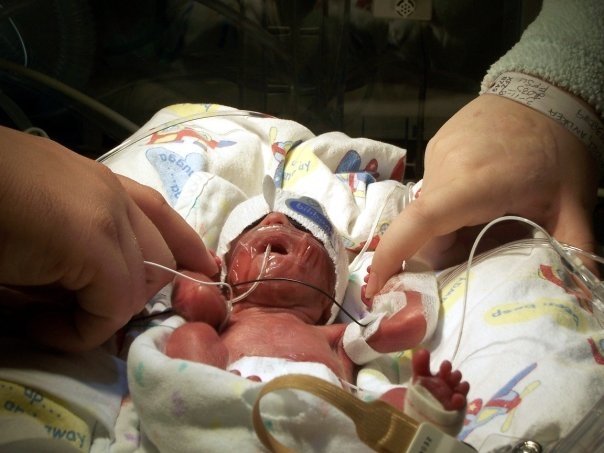Classes
To get your certification, you will need to attend a couple classes other than your workshop, unless you have previous experience in those fields The Dona website says the following:
Complete one of the following:
A. Observation of a complete childbirth preparation series (not as an expectant parent). Click here to view the list of approved childbirth educational organizations. Exceptions may be made for candidates who do not have any approved certified educators within a 30 mile radius and are unable to complete one of the alternatives. ContactCertificationDirector@DONA.org with detailed information about the most extensive and in-depth childbirth classes that are available.
B. Attendance at an "Introduction to Childbirth for Doulas" class offered in conjunction with a DONA approved birth doula workshop.
C. Training in midwifery or childbirth education (see the list of approved childbirth education organizations)
D. Recent or current work experience in labor and delivery as a registered nurse
Click here for FAQs on the Childbirth Education Requirement for Birth Doula Certification
Submit at least one of the following:
- Proof of completion of lactation consultant, breastfeeding peer counselor or community breastfeeding educator training.
- Proof of completion of one (1) of the following approved on-line study programs.
- Lactation Education Resources – affordably priced Complete Self-Learning Program. Learn more
- Breastfeeding Basics – free on-line independent study program.Click here for directions for accessing and registering for the program. You can find their web site here.
- Proof of participation in a minimum three (3) hour breastfeeding workshop covering the basics of breastfeeding offered to birth and postpartum related professionals, such as those offered at conferences or in conjunction with DONA approved workshops. The workshop must be taught by an educator with recognized breastfeeding credentials (IBCLC, CLE or CLC).
What does this mean to you? Well, unless you are already a lactation consultant, breastfeeding peer counselor, community breastfeeding educator, midwife, childbirth educator or nurse, it means you will have to complete at least two classes.
For the childbirth education class, you are required to attend a full series as an observer, not an expectant parent. This class must be taught by one of the DONA approved childbirth education resources, which you can find a list of here. Pretty much just call the instructors of courses in your area, if you don't know which method they are teaching ask and make sure it's on the DONA approved list. If it is, explain why you are attending the course. They may offer a special discount or completely waive the fee for doulas in training, and may even ask you if you'd like to participate as a guest speaker! The course I'm taking for this is an 8 week ICEA course, which I've found to be very comprehensive for explaining a typical, hospital birth scenario (likely to be your most experienced birth as a doula), but previously I've taken a 12 week Bradley course, which can provided a lot of in depth education for a natural birth, as well as techniques for a birth partner to use. I'd highly recommend either one.
For the breastfeeding course, you have a couple options. You can choose to do a course called Lactation Management for Doulas which costs $39-59 or you can choose to do the
Breastfeeding Basics course which is free. I did the Breastfeeding Basics course, so I can really only explain it with confidence. It was a great course, which was very all encompassing. There are seven study modules, and it took a total of around 5-6 hours for me to complete with breaks while both of my kids were home with only me to take care of them. Some parts were very challenging, but the course itself provides all the answers necessary for passing the tests, and I never had to check an outside resource. I'd suggest this course.
Dona also requires you to complete a required reading list of five books and the DONA position paper, some of which you are able to choose. With the exception of the DONA position paper (which you must purchase from DONA's website) you can purchase these books on your own new, borrow from the educator of your childbirth class, borrow them from another doula, purchase them used, or borrow them from the library. How long this part of the process takes depends on your reading speed really, because you can be making time to read these books anytime during the entire process.
Summary of Classes and Reading:
- Unless you have previous education in the fields, you must take at least two classes.
- There are several options available for completing both the childbirth education and breastfeeding courses.
- These courses may be free or very low cost because of your position as a training doula.
- You must read at least five books from the DONA required reading list.
- These books can also be gotten free or cheap if you look around.
Necessary Costs So Far:
- DONA Workshop-$400 (estimate)
- Certification Packet-$45
- Books-$0-200 (estimate)
- Childbirth Education Course-$0-400 (estimate)
- Breastfeeding Course-$0-59
- Total-$445-1104
Part three coming soon!




